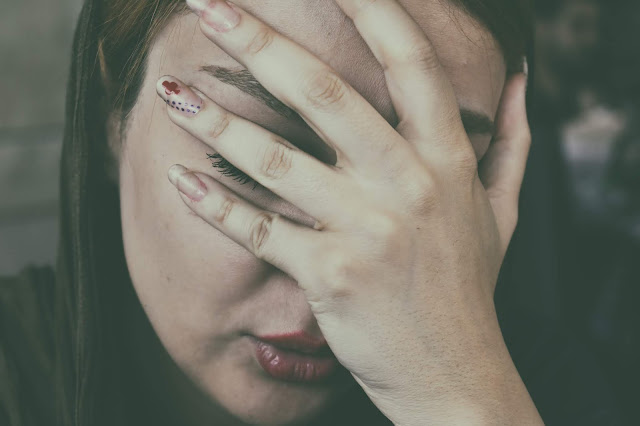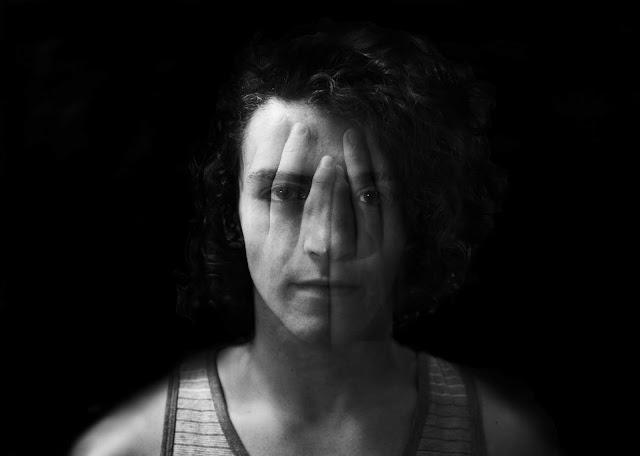Obsession is recurrent and persistent thoughts, urges, or images
that are experienced as intrusive and unwanted. The patient tries
to resist it but is unable to. Failure to resist against it leads
to marked distress.
Compulsions are repetitive behaviors or mental acts than an
individual feels driven to perform in response to an obsession. A
compulsion is a form of behavior that usually follows obsession.
The behavior is not realistic either irrational or excessive. It is
aimed at either preventing or neutralizing the distress or fear
arising out of obsession.
The compulsive act may be carried out in an attempt to reduce the
anxiety associated with the obsession does not always succeed
in doing so. The completion of the compulsive act may not affect
the anxiety it may even increase the anxiety Anxiety also increases
when a person resists carrying out a compulsion.
Many individuals with OCD have dysfunctional beliefs. These
beliefs can include an inflated sense of responsibility and the
tendency to overestimate threat, perfectionism and intolerance to
uncertainty and over the importance of thought and the need to
control thought.
Obsessive-Compulsive and
Related Disorders
Related Disorders
OBSESSIVE-COMPULSIVE and related disorders include
• obsessive-compulsive disorder (OCD)
• body dysmorphic disorder
• hoarding disorder
• trichotillomania (hairpulling disorder)
• excoriation (skin-picking) disorder
• substance/medication-induced an obsessive-compulsive and related disorder
• obsessive-compulsive and related disorder due to another medical condition
Diagnosis and clinical features
As part of the dx criteria for OCD, the DSM-5 allows clinicians to indicate whether the patient's OCD is characterized good insight, poor insight, or absent insight based on there individual over the course of the illness as follows
With good or fair insight:
The individual recognizes that obsessive-compulsive disorder beliefs are definitely or probably not true or that they may or may not be true. e.g., the individual believes that the house definitely will not, probably will not, or may or may not bum down if the stove is not checked.
With poor insight:
The individual thinks obsessive-compulsive disorder beliefs are probably true. e.g the individual believes that the house will probably burn down if the stove is not checked
With absent insight/delusional beliefs:
The individual is completely convinced that obsessive-compulsive disorder beliefs are true. e.g., the individual is convinced that the house will bum down if the stove is not checked
Symptom patterns of OCD
Symptom patterns of OCD
Obsessive-compulsive symptoms in adults
Obsessions
Contamination
Pathological doubt
Intrusive thoughts
Symmetry
Response Compulsions
Washing
Checking
Slowness
Praying
Washing
Checking
Slowness
Praying
Touching
Counting
Repeating Actions
Treatment
Cognitive Behavior Therapy (CBT)
- Exposing the patient to the object or situation that triggers their OCD.
- Teaching the patient to avoid rituals or other response after getting exposed.
- Help patients with Faulty assumptions.
Medication
Fluvoxamine (Luvox)
Sertraline (Zoloft)
Paroxetine (Paxil)




Comments
Post a Comment